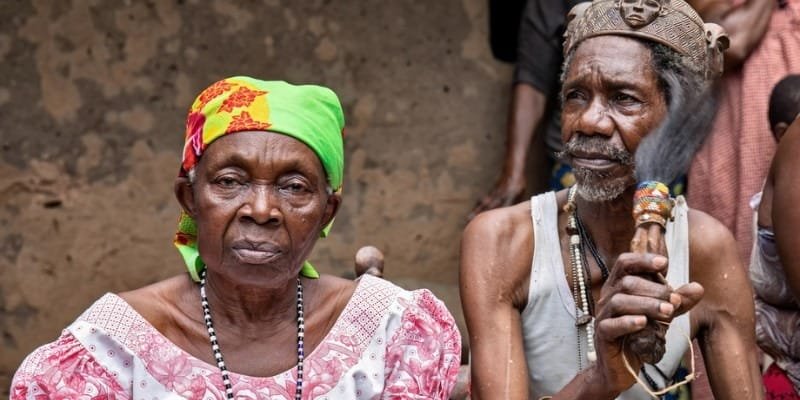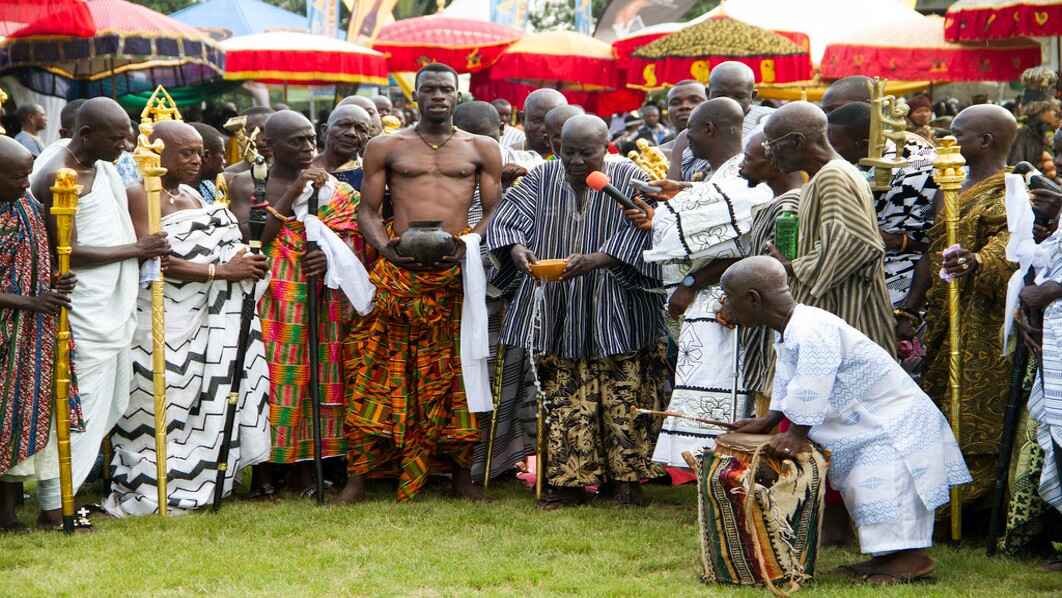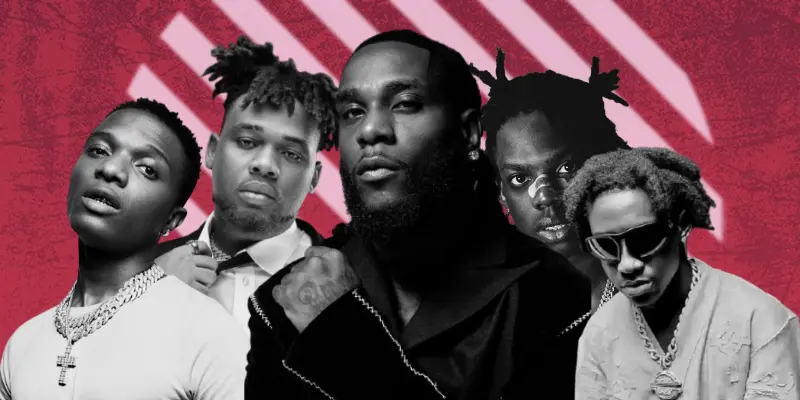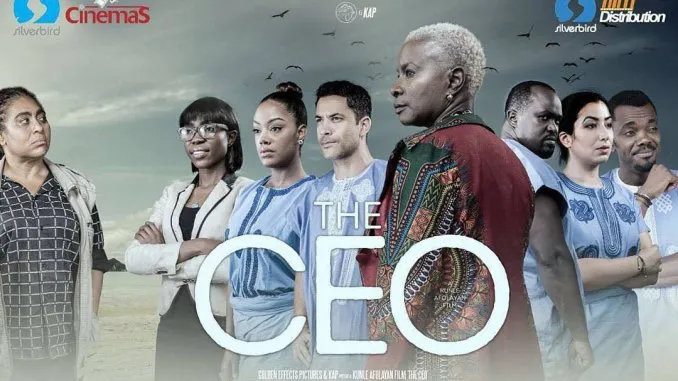Deep down in the hidden culture of Africa lies spectacular people who breathe the same air, and they are called the Chokwe people; these cultures have designed for themselves a legacy that could last generations to come. In the walls of Angola, the Democratic Republic of Congo, and Zambia, this little community of people is recognized for its deep attachment to spirituality and unity Studying them through the years, they have been able to attract attention from the way they view life; from the craft of weaving down to their rituals and ceremonies, all are voices speaking life from their culture.
Every activity, including arts, dances, and storytelling, reveals Africa’s hidden heritage, which is calved with traditional identity. We will be journeying through the culture of the Chokwe people by unveiling and revealing their traditions and beliefs as a means of defining heritage even to the new civilisation of the world.
The origin of the Chokwe People
Tracing back history with the Chokwe people, they were previously called the mighty Lunda Empire, a kingdom that existed from the 17th century, stretching a border to present-day Angola, Zambia, and Congo. The establishment of the Chokwe people came to be when there was a massive migration from the Old Lunda Empire. This little community has enforced a strong force, making them their own identity, of one voice, one mind, having the same line of spirit in connection to the land.
Through times and seasons, these people cultivate the habit of mastering the art of agriculture and hunting as a means of providing for their families. They were familiar with crops like cassava, millet, and other grains, which, with the support of hunting wild animals, gave them a sufficient diet. People might think that these were mere practices, but it goes as far as being an adaptation of Chokwe’s identity—a way of life shared through stories.
Arts as identity
The people of Chokwe have been able to capture the essence of life through their language of art as a way of also giving reference to their ancestors. Through the artistic craft of woodworks such as stools, statues, and figures, they have symbolically patterned their heritage through these carvings. As a result of these artworks, stories are passed as a bridge from the past to the present.
Let’s take the mwana pwo mask, which is considered the most recognised creation representing an idealised woman according to the significance they gave to it. Most of their ceremonies bear this mask as a way of celebrating beauty and virtues in women. Other details like the pattern, hairstyle, and sacrification show how symbols are represented with meaning. Another note on this is that it serves as a spiritual connection with the dancers and the other dimension, reminding the people of values.
Spiritual beliefs
The belief in spirituality for these people has a strong link to their ancestors, who are known and believed to be their guidance and protector. The connection with their ancestors is mostly renewed through rituals, where they call upon ancestral spirits and perform activities like their traditional music and dances. The gangas, known as traditional healers, are highly respected in their community because of the practice of spiritual conduits, which stand as mediators between two-dimensional worlds, for the sake of the people’s peace.
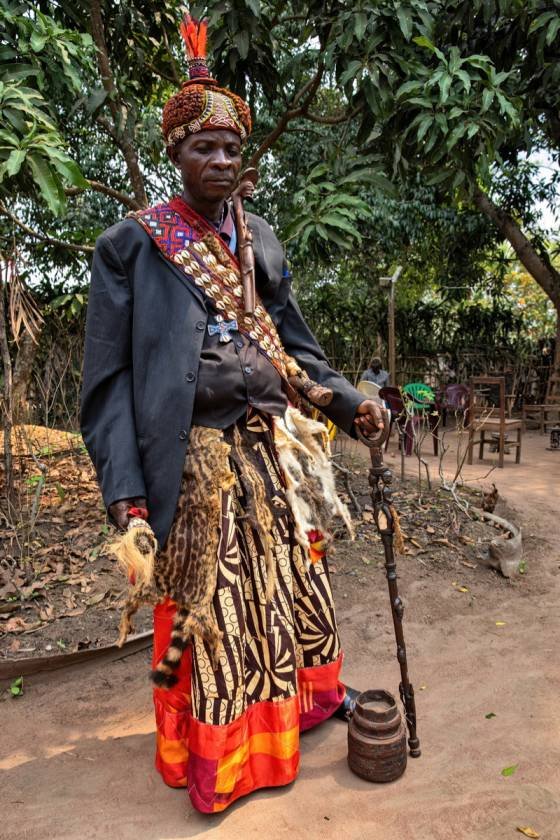
Out of the celebrated ceremonies by the people of Chokwe, the most significant is the kandala initiation, which is specially done on young men. This particular ceremonial rite is done in the wilderness, where training of both spiritual and physical is practiced by boys; here they get to learn new skills and add value to their life and community. After the long journey, they are welcomed with blessings and celebration for a successful transformation. As a result of this ceremony, there is an affirmation from the community, confirming ancestral connections with those who were involved.
Social and family
For the Chokwe, what keeps them is how they hold on to their community. And this comes from the structuring of extended families with chiefs and elders, which serve as respected leaders in the communities. These elderly people are seen as those who have envisioned life through generations, thereby holding wisdom and traits that will unite and keep the community stronger. Their responsibilities are to settle conflicts and arguments, oversee all rites and rituals, make sure the tradition of the land is not tampered with, and ensure that past victories and experiences are passed down through stories.
Talking about marriage, the people’s celebration is a big and joyous ceremony where families come together to enjoy the union of two, a ceremony where they exchange blessings and gifts to seal a bond that will last forever. Another aspect of marriage that is practiced is polygamy; this happens in some of the Chokwe communities, where they also form a large and strong extended family tree, share responsibilities, and get to know each other. The purpose of this is to create a very strong bond and nurture that sense of security in the family.
Music, dance and storytelling
The people of chokwe give a strong expression of culture and heritage through their adaptation of music, dances, and stories. From the drums, giving a kind of rhythm and melodies coming from their traditional flutes, an atmosphere of celebration sets the people in motion; they set the stage of inviting cultural and historical stories to be told to the present generation.
Their dances have a way of sparking a narrative of bravery, values, and love; by the elders, these stories are accompanied by sharing past events of wisdom and strengthened as a result of these stories shows their level of bravery, values, and love; by the elders, these stories are accompanied by the younger ones. Their cultural knowledge is not just preserved but passed down.
@likumbilyamize Well groomed Chokwe boy. Deeply rooted in the culture. Tala Mawino. 🔥🇦🇴🇿🇲 #angolatiktok #zedtiktok🇿🇲🇿🇲 #luvale #Chokwe #Tchianda #Chiyanda #hangatwayoya ♬ original sound – Likumbi Lya Mize
Challenges are primitive, and they are of necessity, bound to come as a means of growth; for the people of Chokwe, their challenges revolve around the pressures of urbanisation, hardship in the economy, and the tension from modernisation.
These challenges threaten their lands and resources, as many youth from the Chokwes migrate to different lifestyles in cities and are easily influenced. As a result, this risk leaves fewer young men with no other option than to learn the ways and values of the land.
Countering this obstacle, cultural organisations are prone to working out ways to preserve the heritage of the people of Chokwe. This also prompts artisans to produce more traditional masks, woodcarvers, and clothing, giving the communities a chance to spread their bounds to global markets. This serves as a way of sustaining cultural practices alive and stronger.
The Chokwe people have exposed the world to their hidden culture of arts, spirituality, and harmonic community through heritage, ceremonies, rites, and ancient stories. They tend to maintain a vivid connection to their ancestors and environment; with this, they uphold a determination to keep these traditions even in the face of challenges, as a testimony of strength and courage.
In a world of rapid advancement, Chokwe has reminded us that there is prosperity hidden in Indigenous culture and how this heritage could be preserved.







